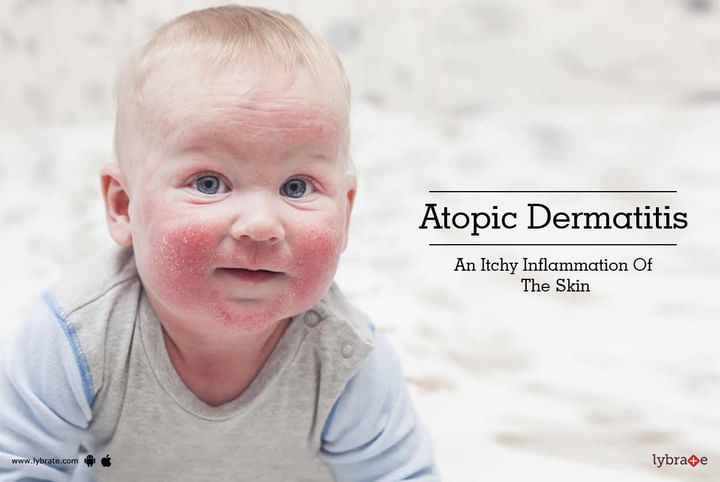Atopic Dermatitis - An Itchy Inflammation Of The Skin
Especially common in children, but not entirely impossible in adults, Atopic Dermatitis is a type of eczema, a chronic condition that causes intensive itching and red rashes in and around areas of dry and sensitive skin. Atopic dermatitis has a tendency to flare and then subside periodically and is often accompanied by hay fever or asthma or other allergies. In more serious cases, clear, fluid-filled blisters are also formed.
Symptoms:
Signs and symptoms normally associated with atopic dermatitis may include:
- Itching, which may be severe at nocturnal periods of the day
- Dry or cracked, scaly skin
- Reddish brown patches in almost any area of the body
- Swollen and sensitive skin after scratching
- Small, raised blisters which may leak when scratched
Causes:
The exact causes of atopic dermatitis are unknown. It can, however, be related to any of the following factors:
- Dry and irritable skin
- Immune system dysfunction
- Gene variations which affect the skin’s barrier function
- Action of bacteria, such as Staphylococcus aureus, on the sensitive areas of skin
- Environmental conditions
Complications:
If you have Atopic Dermatitis, you are likely to be troubled by the following complications:
- Chronic, itchy skin
- Increased risk of acquiring other skin diseases and viruses, such as the herpes simplex virus
- Asthma and hay fever
- Eye problems such as blepharitis and conjunctivitis
- Allergic contact dermatitis
- Sleep disorders
- Irritant hand dermatitis
- Behavioral problems such as attention deficit or hyperactivity disorders
Treatment and drugs:
If the problem still persists even after regular moisturising and other self-care steps, you may have to take medications and prescribe to certain drugs such as:
- Anti-itching and anti-inflammatory creams
- Anti-itching oral drugs
- Anti-inflammatory oral or injected drugs
- Calcineurin inhibitors that repair the skin
- Drugs to fight infection
- Wet dressings therapy
- Light therapy
- Stress treatment therapy
If excessive hair is stopping you from living and enjoying your life, consult a dermatologist who can help you with an effective treatment.



+1.svg)
